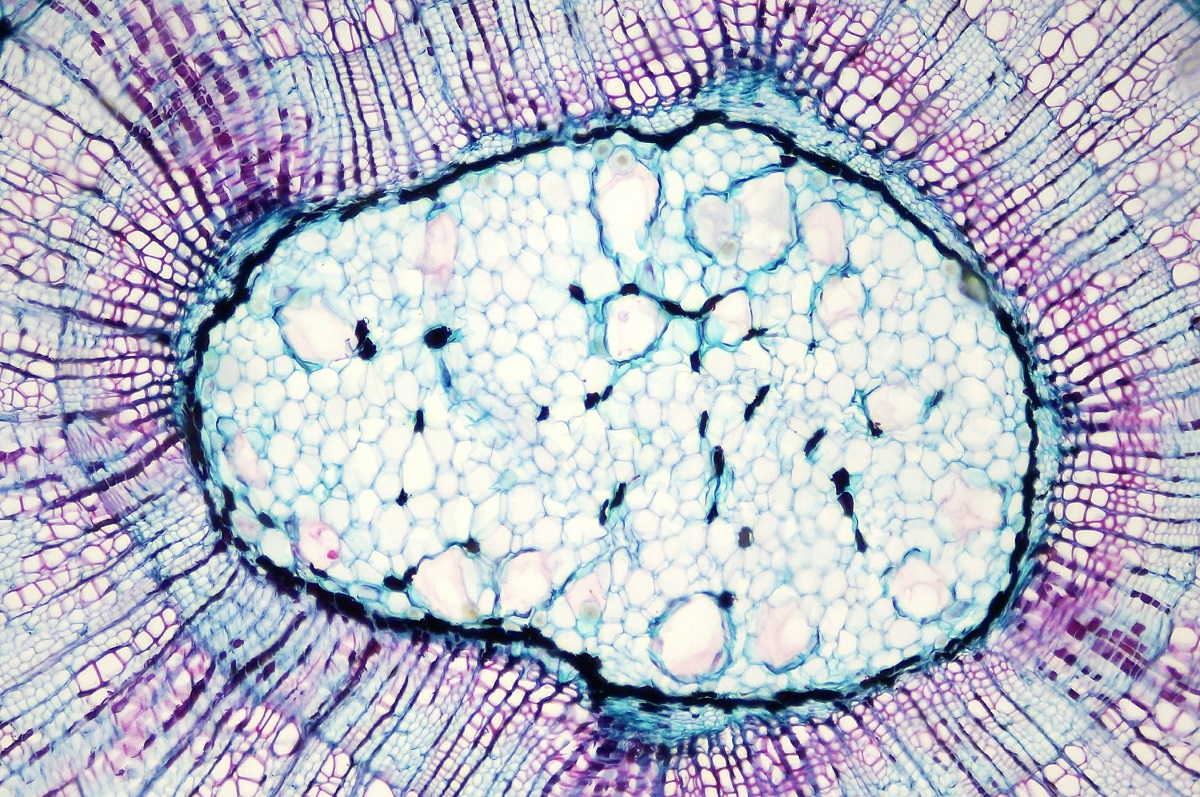KEY TAKEAWAYS
- The phase 1&2 trial combined NT219 with cetuximab in SCCHN patients, targeting IRS1/2 degradation and STAT3 phosphorylation pathways to assess safety and efficacy.
- The study concluded that NT219 combined with cetuximab demonstrated tolerability and anti-tumor activity in R/M SCCHN patients; further investigation is ongoing.
NT219, a small molecule targeting IRS1/2 degradation and STAT3 phosphorylation pathways, holds promise in treating squamous cell carcinoma of the head and neck (SCCHN).
Ari Rosenberg and the team aimed to assess the safety and efficacy of NT219 combined with cetuximab in SCCHN patients.
Researchers performed an inclusive analysis of patient enrollment across 5 dose level cohorts (6, 12, 24, 50, and 100 mg/kg) of NT219 combined with standard dose cetuximab, administered intravenously on a weekly basis until disease progression, unacceptable toxicity, or withdrawal for any other cause.
Dose escalation followed a 3+3 design with backfilling of additional patients. The primary objectives centered on evaluating safety, tolerability, and determining the recommended phase 2 dose of NT219 with cetuximab.
Researchers observed encouraging results from the interim analysis. About 17 patients with R/M SCCHN were enrolled as of November 27, 2023, primarily with tumors located in the oral cavity (76%), pharynx (18%), and larynx (6%). These patients had received a median of 2 prior lines of systemic therapy, including anti-PD1 (100%), platinum-based chemotherapy (88%), and cetuximab (29%).
The most common treatment-related adverse events (TRAEs) included infusion reactions (31%), nausea (31%), and rash (25%). Grade 3 treatment-related adverse events included hypertension (14%), infusion reaction (7%), and headache (7%), with no Grade 4/5 events reported.
Pharmacokinetic analyses revealed dose linearity, with exposure at 50mg/kg reaching levels comparable to those shown in animal models of NT219 with cetuximab. Clinical activity was observed in 6 evaluable SCCHN patients treated with 50 and 100mg/kg NT219 with cetuximab for ≥4 weeks, indicating an objective response rate of 33% (2 verified partial responses) and 67% disease control (4/6 patients). Notably, 5 of 8 patients (62.5%) treated with 50 and 100mg/kg NT219 stayed on treatment, with 2 of 4 patients with partial response/stable disease continuing for more than 6 months.
The study concluded that NT219, when combined with cetuximab, demonstrated tolerance and anti-tumor effectiveness in patients with R/M SCCHN at dose levels comparable to those efficacious in animal models. Enrollment is still underway, and additional statistics will be provided at the meeting.
The study was sponsored by TyrNovo Ltd.
Source: https://cslide.ctimeetingtech.com/tat2024/attendee/confcal/show/session/5
Clinical Trial: https://clinicaltrials.gov/study/NCT04474470
Rosenberg A, Kato S, Johnson D, et al. (2024). “Interim results of a phase I/II trial of NT219 in combination with cetuximab in patients with advanced/metastatic squamous cell carcinoma of the head and neck (SCCHN).” Presented at ESMO-TAT 2024, Abstract (27O).



